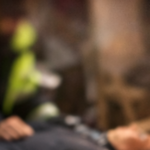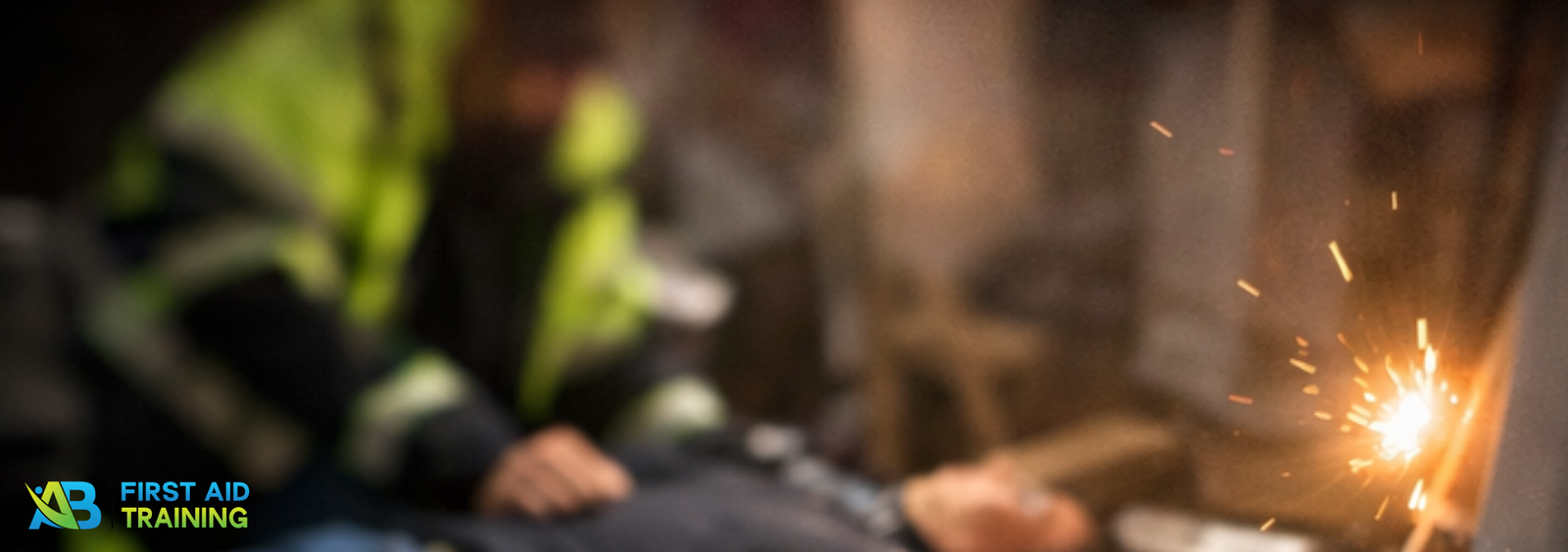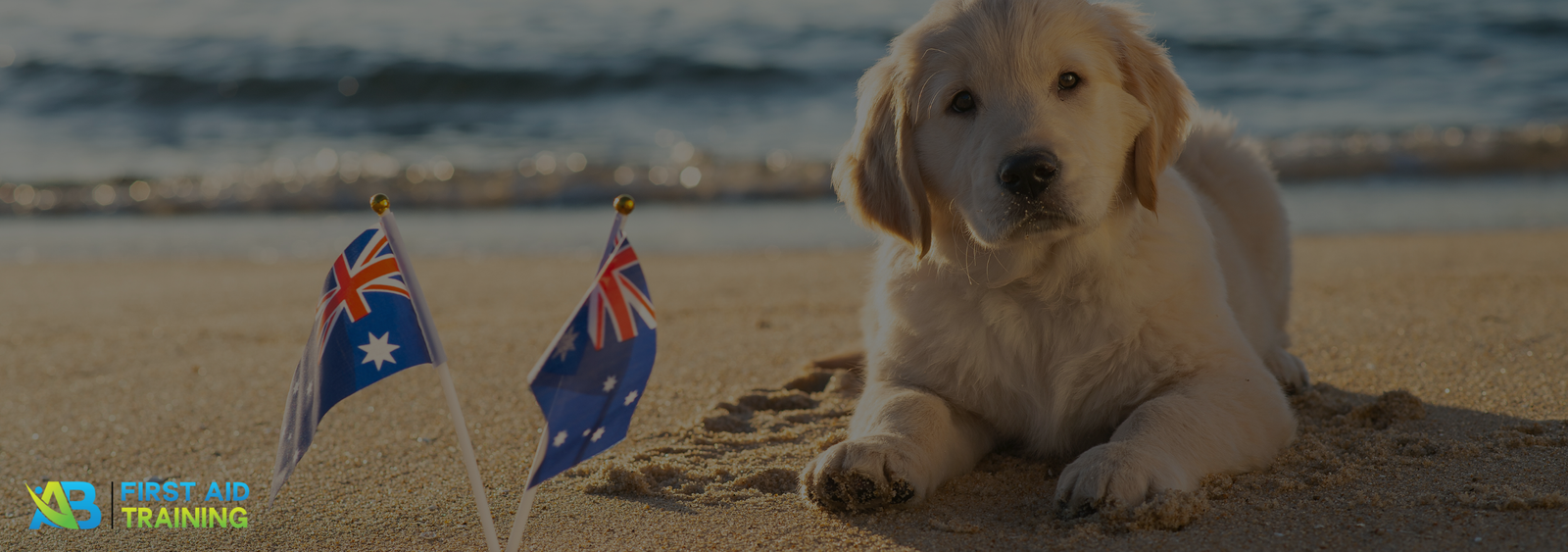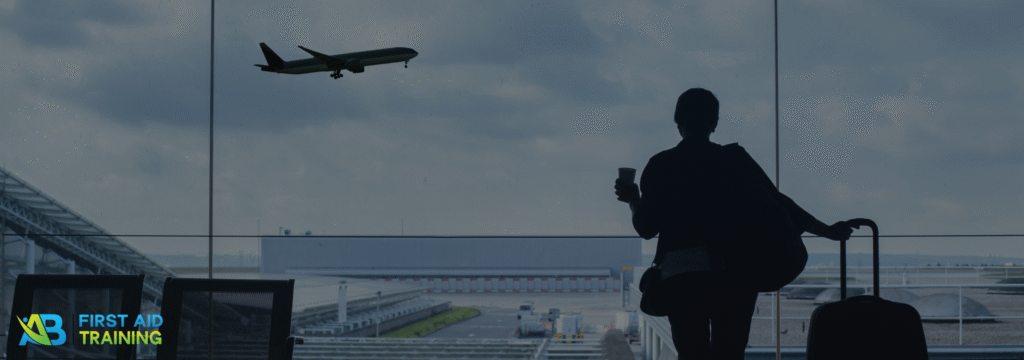Holiday Travel Health: What to Do When You Get Sick or Injured Away from Home
Packing for holidays is easy to put off until the night before. Sunscreen? Check. Thongs? Check. Snacks? Check.
However, when something goes wrong on the road or at your destination, it’s not your suitcase you’ll be wishing you packed better… it’s your first aid kit.
Whether you’re driving to the coast, flying interstate, or heading off on a family camping trip, knowing how to handle common travel health issues can save time, money, and stress.
Why First Aid Matters When You’re Travelling
Getting sick or hurt on holiday happens more often than you think. For example, a few stats are worth knowing:
- The Australian Institute of Health and Welfare reports more than 1,600 injury-related hospitalisations every day nationwide, with rates rising over summer.
- During holidays, there’s a 25% increase in trauma injuries like sprains, cuts, and burns, and a 50% jump in alcohol-related incidents.
- Around one third of these injuries happen at home or while travelling, not at work.
The reality is, most of these incidents are preventable or treatable with basic first aid knowledge and a few essential supplies.
Common Holiday Health Issues
Whether you’re off to Torquay, Lorne, Daylesford, or the Murray River, the same problems tend to follow Australian travellers.
- Sunburn and heat exhaustion
Long hours outdoors, water reflection, and alcohol make it easy to overheat or burn. - Dehydration
For instance, road trips through winding mountain roads or flights can upset even the toughest stomachs. - Motion sickness
Road trips through winding mountain roads or flights can upset even the toughest stomachs. - Food poisoning
Unfamiliar food, picnics left in the sun, or undercooked BBQ meat can cause an upset stomach. - Cuts, scrapes, and burns
Camping gear, kitchen tools, or even setting up the tent can lead to minor injuries. - Insect bites and stings
Mosquitoes, sandflies, bees, and even leeches are part of the Aussie outdoor experience. - Blisters and muscle strains
Long walks in new shoes or hikes on uneven ground can quickly become painful without the right care. - Medication management
Additionally, forgetting your regular medication or losing prescriptions away from home can cause unnecessary stress.
How to Handle Minor Illness and Injury Away from Home
You don’t need to panic or rush straight to hospital every time something happens. Instead, here’s how to manage the most common situations safely.
Sunburn
- Cool the skin with a damp cloth or aloe vera gel.
- Avoid popping blisters.
- Drink extra water to rehydrate.
Heat exhaustion
- Move to a cool place and loosen clothing.
- Sip water or electrolyte drinks slowly.
- If confusion or vomiting occurs, call Triple Zero (000).
Cuts and scrapes
- Rinse with clean water or saline.
Apply antiseptic and cover with a sterile dressing. - Change dressings daily and watch for infection.
Minor burns
- Cool under running water for 20 minutes.
- Cover with a clean, non-stick dressing or cling wrap.
- Seek help if it’s larger than a 20-cent coin or on the face, hands, or groin.
Insect bites or stings
- Remove stinger if visible, apply a cold pack, and use antihistamines if needed.
- If there’s swelling, breathing trouble, or dizziness, use an EpiPen if available and call 000.
Motion sickness
- Sit facing forward and look at the horizon.
- Keep the car cool and well-ventilated.
- Use travel sickness tablets if needed (speak to your pharmacist).
Food poisoning
- Rest, sip clear fluids, and avoid fatty or spicy foods.
- Seek medical help if there’s blood in vomit or stool, dehydration, or high fever.
Your Safe-to-Travel First Aid Kit Checklist
You don’t need a giant kit, but a well-planned one can handle most situations until you can reach help.
Use this checklist to pack or restock before your next trip.
Essentials
- Adhesive bandages (assorted sizes)
- Non-stick dressings and adhesive tape
- Antiseptic wipes or spray
- Saline solution or eye wash
- Burn gel or hydrogel dressing
- Disposable gloves
- Scissors and tweezers
- Instant cold pack
- Safety pins
- Small torch or headlamp
Medications and Personal Items
- Paracetamol and/or ibuprofen
- Antihistamines (for bites, stings, or mild allergies)
- Oral rehydration salts or electrolyte tablets
- Antacid tablets for indigestion
- Motion sickness tablets
- Any personal prescriptions (in original packaging)
- A copy of your Medicare card and emergency contact numbers
Sun and Heat Protection
- Sunscreen (SPF 50+)
- Lip balm with SPF
- Aloe vera or after-sun lotion
- Electrolyte sachets
- Reusable water bottle
Outdoor and Camping Extras
- Insect repellent
- Snake bite bandage with indicator
- Waterproof matches or lighter
- Space blanket
- Small hand sanitiser
Travel Tips
- Keep your kit in a cool, dry place, rather than the car boot.
- Check expiry dates before every trip.
- If you’re flying, pack liquids and gels under 100ml in a zip-lock bag.
- Restock after each trip so it’s always ready for the next one.
Where to Get Help When You’re Away
- Triple Zero (000) for emergencies (works anywhere in Australia).
- Healthdirect (1800 022 222) for free nurse advice 24/7.
- Local pharmacies can help with over-the-counter treatments or advice.
- If travelling regionally, note the nearest urgent care centre or hospital before you go.
A quick check online before you leave can save confusion later, especially in small towns.
Local Insight: Summer Health in the North-West
In Melbourne’s north-west, locals often head out to places like Brimbank Park, Organ Pipes National Park, or Woodlands Historic Park for day trips.
These are fantastic spots… but they’re also where heat, dehydration, and insect bites are common.
Carry a compact first aid kit in your backpack and keep it stocked through the season.
Travel First Aid Tips for Families
- Keep medications and first aid supplies where adults can reach them quickly.
- Store dangerous items (like scissors and antiseptic) out of children’s hands.
- Carry an updated list of any allergies or medical conditions.
- If travelling with babies or elderly relatives, include age-appropriate medications and thermometers.
When to Seek Medical Help
Even small issues can turn serious fast while travelling.
Call for help or see a doctor if you notice:
- Persistent vomiting or diarrhoea
- Fever that won’t settle
- Confusion, fainting, or shortness of breath
- Deep wounds or burns
- Signs of infection (redness, swelling, pus, fever)
Before You Hit the Road
A few minutes spent preparing before you leave can make a huge difference later.
Make sure you have:
- A stocked and checked first aid kit
- Enough medications for your trip (plus a few days extra)
- Copies of key documents and insurance
- Knowledge of local emergency numbers
Then you can relax, knowing you’re ready for anything the road throws at you.
References and Resources
Book A Course
Recent Blogs
- All Posts
- Compliance
- First Aid

Is your LVR certificate current? Discover the Australian standards for Low Voltage Rescue training, renewal requirements for electricians, and why...

From bluebottle stings to sunburn, learn how to handle common beach injuries and keep your summer safe and stress-free.

From bluebottle stings to sunburn, learn how to handle common beach injuries and keep your summer safe and stress-free.
AB First Aid Training & Compliance
Ask Us About Our Full Service Compliance & Safety Package
FREE When You Partner With Us!
Have You Read These Articals Yet?
- All Posts
- Compliance
- First Aid

Is your LVR certificate current? Discover the Australian standards for Low Voltage Rescue training, renewal requirements for electricians, and why...

From bluebottle stings to sunburn, learn how to handle common beach injuries and keep your summer safe and stress-free.

From bluebottle stings to sunburn, learn how to handle common beach injuries and keep your summer safe and stress-free.



